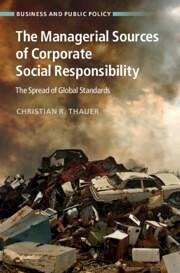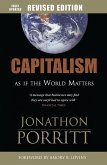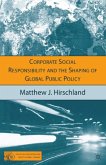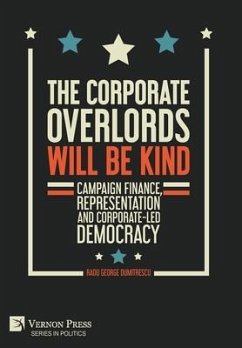Why and under which conditions do companies voluntarily adopt high social and environmental standards? Christian Thauer looks inside the firm to illustrate the internal drivers of the social conduct of business. He argues that corporate social responsibility (CSR) assists decision-makers to resolve managerial dilemmas. Drawing on transaction cost economics, he asks why and which dilemmas bring CSR to the fore. In this context he describes a managerial dilemma as a situation where the execution of management's decisions transforms the mode of cooperation within the organization from a hierarchy to one in which managers become dependent on, and vulnerable to, the behavior of subordinates. Thauer provides empirical illustration of his theory by examining automotive and textile factories in South Africa and China. Thauer demonstrates that CSR is often driven by internal management problems rather than by the external pressures that corporations confront.
Hinweis: Dieser Artikel kann nur an eine deutsche Lieferadresse ausgeliefert werden.
Hinweis: Dieser Artikel kann nur an eine deutsche Lieferadresse ausgeliefert werden.








